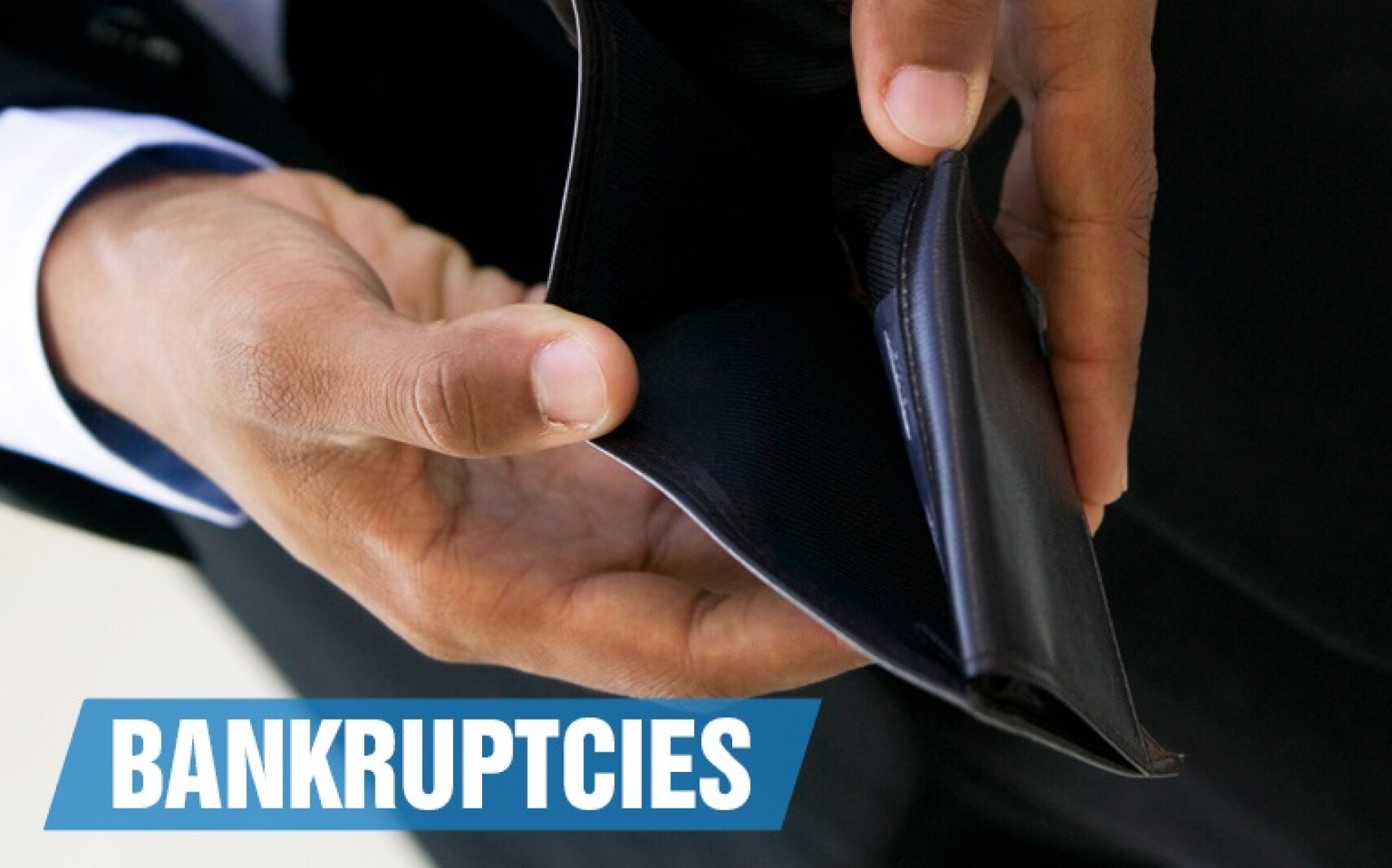Forever21, one of the most beloved and popular mall stores of the 1990s and early 2000s hinted at a “refresh” in a recent Instagram post, months after holding hundreds of “store closing” sales and declaring bankruptcy for a second time.
Earlier this year, F21OpCo, which runs Forever21 stores, said it was winding U.S. down operations under Chapter 11 bankruptcy protection while deciding whether it would continue as a business with a partner, or sell some or all of its asses.
Though the brand in March said its stores and website would remain open while it searched a last-minute bidder, “store closing” signs hung in Forever21 shops across the country.

Months later, on May 30, the fast-fashion store posted an Instagram message to its customers about the future.
“Hey Forever 21 Fam,” the message began, surrounded by hearts. “We know there’s been some buzz, and we want to clear things up. Forever21 isn’t going anywhere and we are still committed to bringing you the styles you love. Right now, we’re evolving, refreshing and building what’s next.”
“We get that change can feel unexpected,” the message went on to say, “but we’re excited for what’s ahead, and we’ll be sharing more with you soon. Thanks for sticking with us, you’re the heart of everything we do.”
Dozens of comments on the Instagram post appeared to be from former employees, inquiring about jobs lost after being laid off.
Forever21 lists 15 Illinois locations on its website, with nearly all locations listed in Chicago or inside suburban malls, including Westfield Old Orchard, Northbrook Court, Gurnee Mills and Woodfield. Stores however were all listed as “closed,” and phone calls made to NBC Chicago to several of the Chicago-area Forever21 locations listed online went unanswered, with numbers disconnected in some cases.
F21OpCo did not immediately respond to NBC Chicago’s request for comment.
Founded in 1984 by Korean immigrants in California, Forever 21 grew to $1 billion in annual sales by 2005. The store quickly became a mall staple for millennials looking for designer-inspired styles, alongside fellow low-cost retailer H&M and the pricier Abercrombie & Fitch. Forever 21’s sales peaked at more than $4 billion a decade later, and founders Jin Sook and Do Won “Don” Chang were estimated to hold a combined net worth of $5.9 billion.
Yet as the 2010s wore on, the brand began to be eclipsed by online rivals, including ultra-cheap fast-fashion retailers like Shein that shipped their garments to U.S. customers from overseas. In this environment, Forever 21’s reliance on foot traffic at malls began to prove a liability as customers increasingly leaned into e-commerce.
Forever 21filed for bankruptcy for the first timein 2019, hoping to become a more efficient operation. But the Covid-19 pandemic only accelerated the company’s woes, even as it was bought out of bankruptcy by Authentic Brands, the operator of other major retailers and two major mall operators.
In a 2024 interviewthe CEO of Authentic called the purchase of Forever 21 “probably the biggest mistake I made.”
In its latest bankruptcy filingForever 21 listed assets of between $100 million and $500 million and liabilities of $1 billion to $10 billion.



